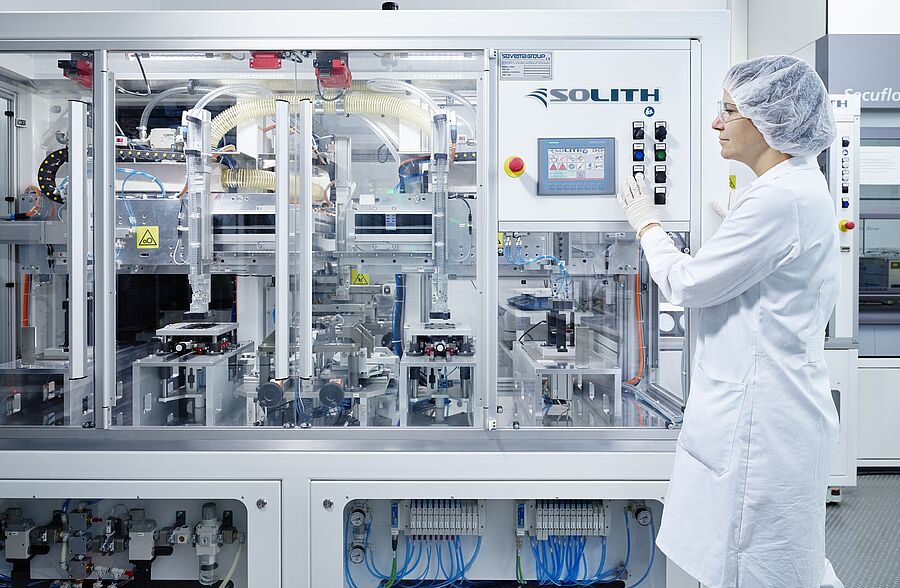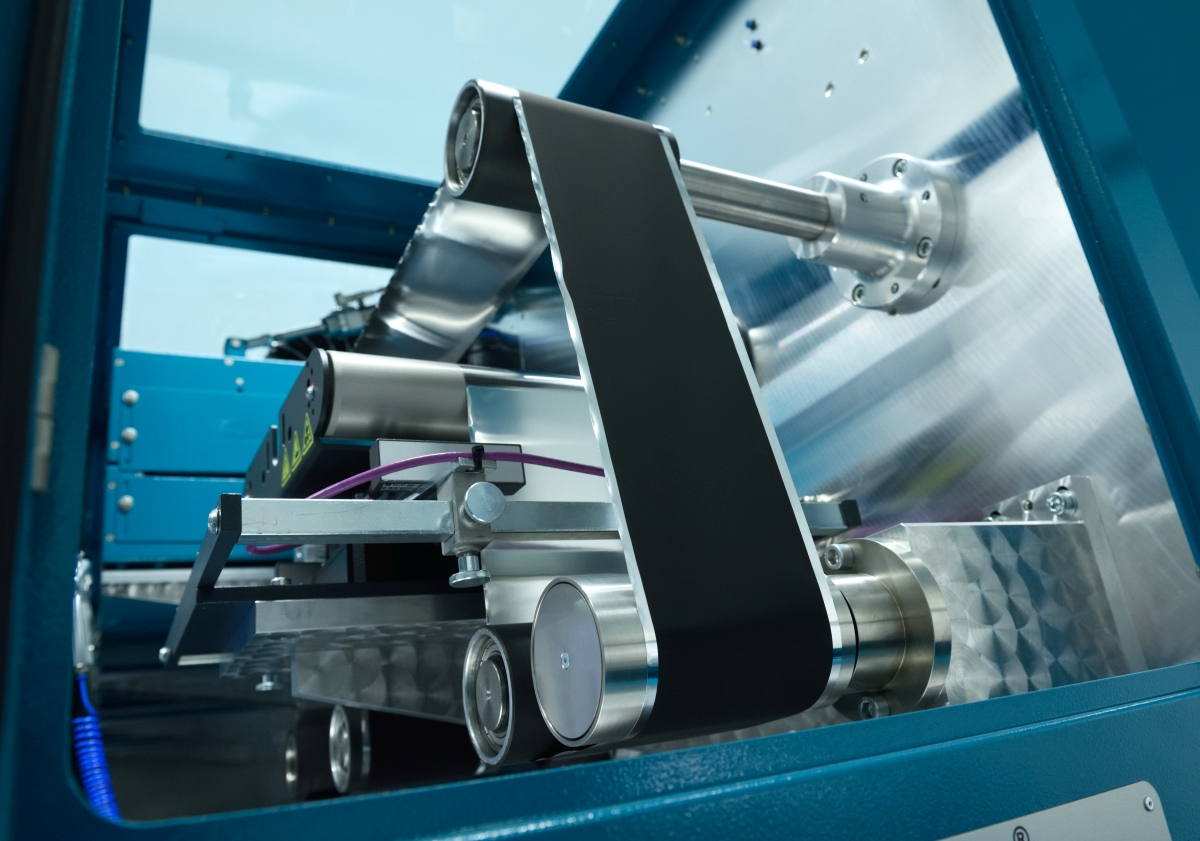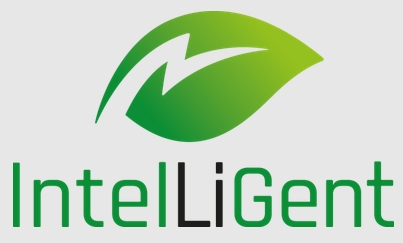Innovative and sustainable high voltage Li-ion cells for next generation (EV) batteries
The increasing demand of batteries for electric passenger cars in the EU requires striving for low cost and sustainable battery technologies. IntelLiGent definded different aims to enable this battery technologies on industrial level, supporting the European Green Deal on battery level.
Therefore, the objectives of IntelLiGent are focused on developing cost effective, highly performing batteries for next generation electric vehicles (EVs). The challenges of current EV technologies like energy density, cycle life, fast charging capacity while maintaining low-cost batteries are tackled with well-matched objectives:
- Optimized high voltage electrodes will enable high energy density (>350 Wh/kg) and high charge rates (>2C, 0-100% state-of-charge in less than 30 min).
- Transfer of sustainable and low-cost manufacturing to industry scale will impact manufacturing costs and environmental impact of future EV batteries.
- Stabilized interfaces (SEI, CEI) for long cycle life target to enable >2000 deep cycles during the battery life span.
- Reduction of critical raw material is achieved by applying cobalt-free cathode material.
The various activities of AIT are critical to achieve the project objectives. For this project, AIT develops slurry procedures for upscaling and processes cutting edge materials to final electrodes on pilot scale. Promising material candidates are tested in multilayer pouch cells and electrodes are distributed to partners for further development.
David Dirnbauer, battery researcher at the AIT Center for Transport Technologies: "The increasing demand for battery electric vehicles poses major challenges for the industry on different levels. Within the framework of IntelLiGent, we aim for a significant contribution to sustainable, resource-saving and at the same time cost-efficient battery cell production in Europe."
This project has received funding from European Union’s Horizon EUROPE Research and Innovation Programme under Grant Agreement N° 101069765 (IntelLiGent).






